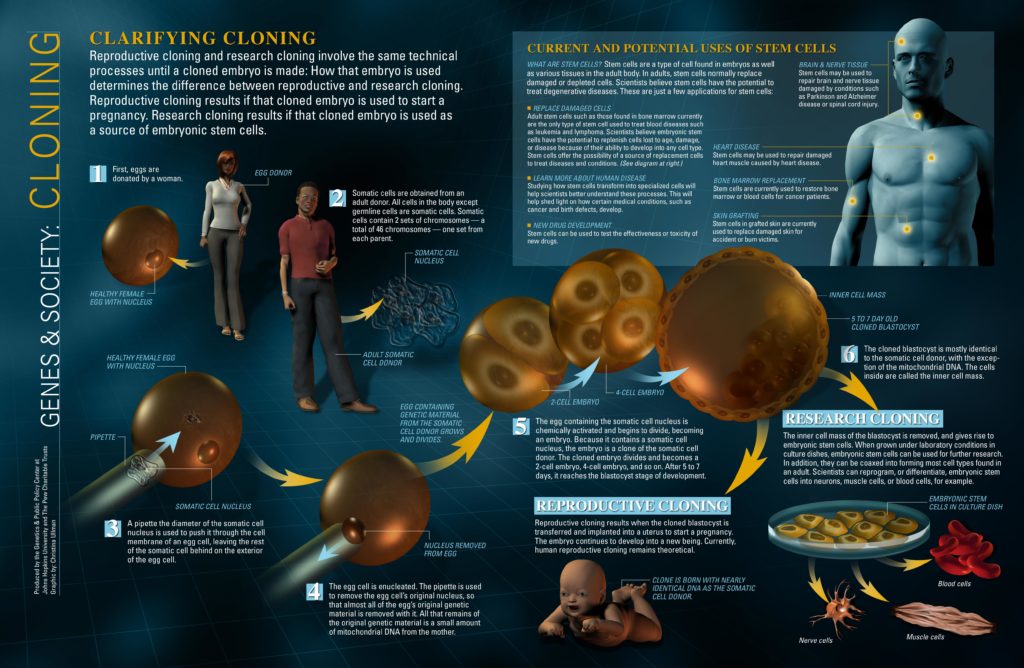Emerging Technologies
Emerging technologies are developments in science, medicine, and technology that are perceived as challenging conventional thinking on capabilities and/or ethics.
Some emerging technologies can be intended for and used to accomplish great goods, such as adult stem cell research, prosthetics for amputees, pacemakers, or cochlear implants. These developments are immensely beneficial to people who are suffering from injuries or disabilities and want to help restore their body’s function back to a state of normalcy.
On the other hand, some technologies may be intended for great good but be used improperly and, sometimes unintentionally, cause great harm. For instance, in vitro fertilization (IVF) is intended to help couples struggling with infertility to conceive children of their own, but unethical practices in IVF such as preimplantation genetic screening and selective reduction cause the deaths of innocent children in the embryonic stage of development. Or genetic alterations using tools like CRISPR can be intended to eliminated genetic and chromosomal abnormalities, but can be used to unethically alter the human genome to design babies in the image of man rather than the image of God.

It is important to continue to encourage the development of ethical scientific research, which benefit humanity on a daily basis. But we must keep scientific developments within the realm of ethics that affirms the value and dignity of each individual human life.
For an exhaustive list of research and summaries on a multitude of bioethical and emerging technology issues, check out The Center for Bioethics and Human Dignity.